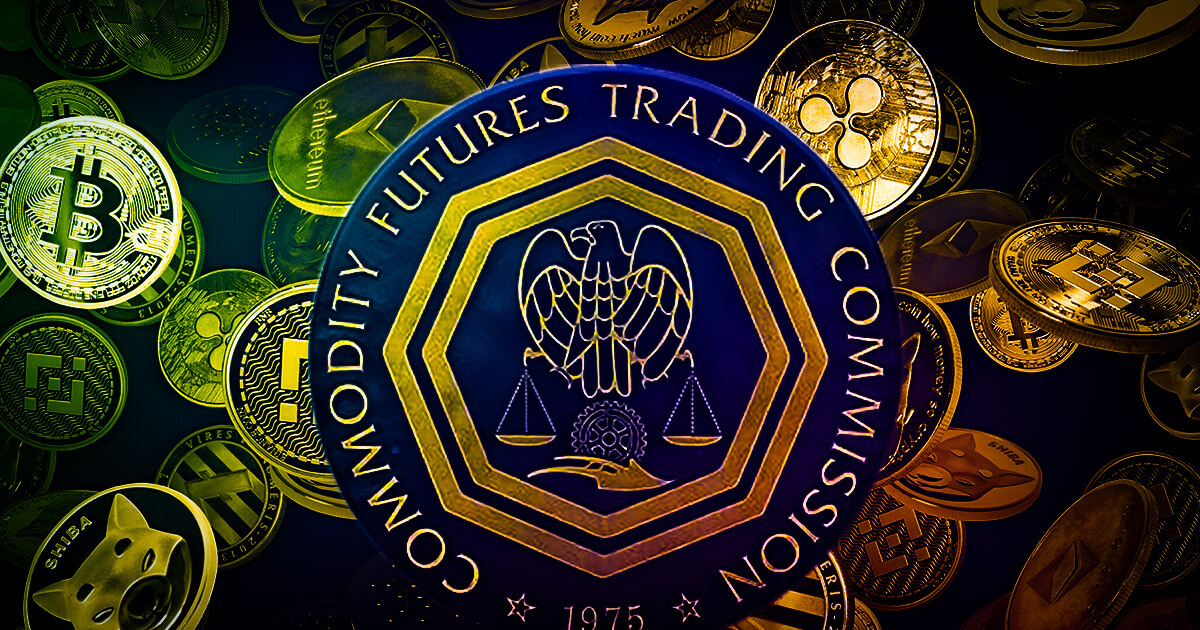
US Court of Appeals Rules Prediction Markets Betting on US Elections Legal
The United States Court of Appeals for the District of Columbia Circuit has made a landmark decision, ruling that prediction markets allowing betting on US elections are legal.
This ruling came on Oct. 2 following the rejection of an appeal made by the US Commodity Futures Trading Commission (CFTC) requesting an administrative stay in a previous case against prediction market Kalshi.
The court found that the CFTC did not provide sufficient evidence to show that the public would suffer irreparable harm from the offering of US election-based contracts.
Tarek Mansour, the founder of Kalshi, expressed his excitement by stating, “US presidential election markets are legal. Officially. Finally. Kalshi prevails.”
As a result of this ruling, Kalshi is now able to resume offering US election-related contracts. However, the court emphasized that a new motion for a stay can be filed if substantial evidence emerges.
The CFTC had initially banned Kalshi from offering political-related contracts on its platform on Sept. 22, 2023, after the prediction market sought to list a contract based on which party would control the US Congress.
This legal victory for Kalshi could potentially pave the way for other crypto platforms, such as BET and Polymarket, in case the CFTC decides to enforce regulations on prediction markets.
Political Landscape and Response
US lawmakers had previously called for strict measures against prediction markets related to US elections in a letter addressed to CFTC Chair Rostin Behnam on Aug. 5.
Signatories of the letter included Senators Elizabeth Warren, Chris Van Hollen, and Sheldon Whitehouse, as well as Representatives Eleanor Holmes Norton and Jamie Raskin. They argued that elections should not be treated as for-profit ventures and that action against platforms offering election-related contracts would help restore trust in the electoral process.
On the other hand, Congressman Richie Torres proposed a different approach, advocating for the regulation of prediction markets rather than an outright prohibition.
With the recent legal victory for Kalshi, the future of prediction markets in the US remains uncertain as regulators and lawmakers continue to grapple with the evolving landscape of online betting and trading.

